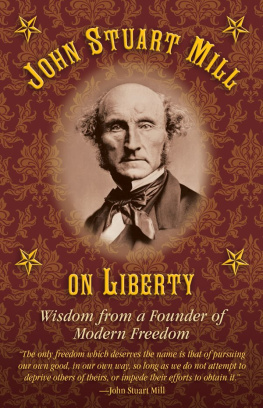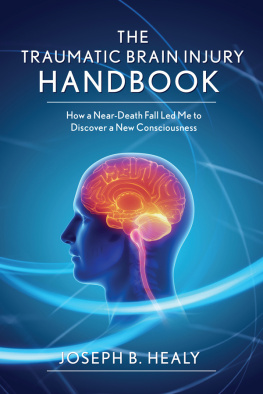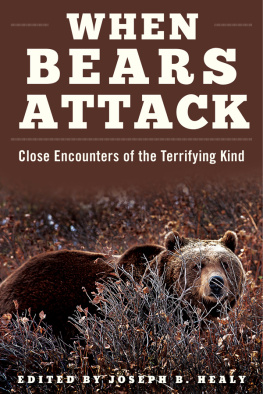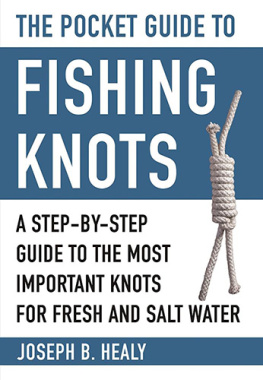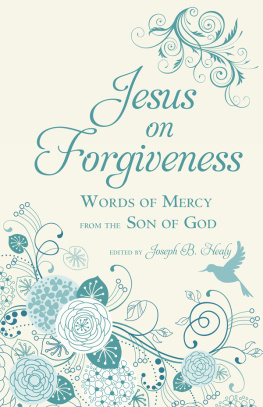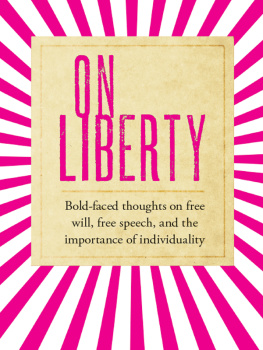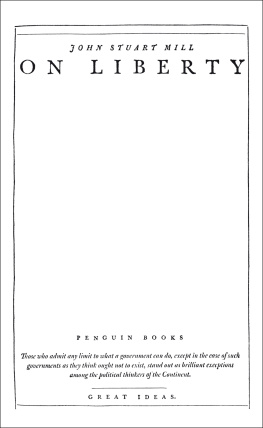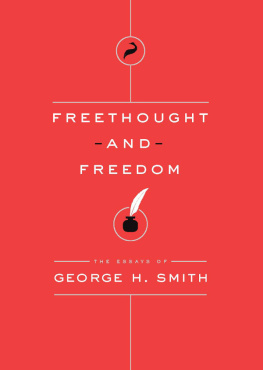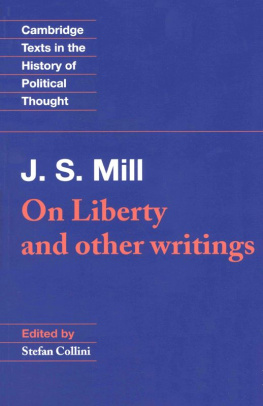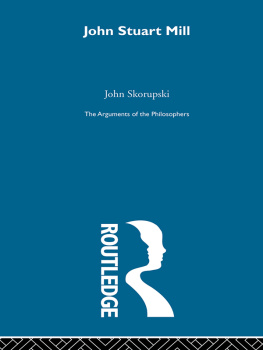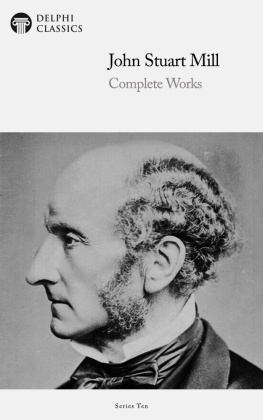Introduction and arrangement 2016 by Joseph B. Healy
All rights to any and all materials in copyright owned by the publisher are strictly reserved by the publisher. All inquiries should be addressed to Skyhorse Publishing, 307 West 36th Street, 11th Floor, New York, NY 10018.
Skyhorse Publishing books may be purchased in bulk at special discounts for sales promotion, corporate gifts, fund-raising, or educational purposes. Special editions can also be created to specifications. For details, contact the Special Sales Department, Skyhorse Publishing, 307 West 36th Street, 11th Floor, New York, NY 10018 or .
Skyhorse and Skyhorse Publishing are registered trademarks of Skyhorse Publishing, Inc., a Delaware corporation.
Visit our website at www.skyhorsepublishing.com.
10 9 8 7 6 5 4 3 2 1
Library of Congress Cataloging-in-Publication Data is available on file.
Cover design by Jane Sheppard
Print ISBN: 978-1-63450-420-1
Ebook ISBN: 978-1-5107-0138-0
Printed in the United States of America
Human nature is not a machine to be built after a model, and set to do exactly the work prescribed for it, but a tree, which requires to grow and develop itself on all sides, according to the tendency of the inward forces which make it a living thing.
from On Liberty , by John Stuart Mill
Contents
INTRODUCTION
John Stuart Mill was an archetypal example of how a young human intellect can be groomed, shaped, and expanded into a learned powerhouse. He was a prodigy. At the age of three, he was reading Latin, coached along by his father, James Mill, an author and his tutor and mentor. In his pre-teen years, Mill studied the writings of Plato and Socrates in their native Greek. Later, in adulthood, he applied his learnedness for the good of society with insightful, even astounding, philosophical thinking. He was a savant.
Mill lived in the nineteenth century, from 1806 to 1873. He was a tour de force intellect at a time when civilization was being shaped by formative humanitarian ideas. His opinionsfor example, arguing for abolition and suffrage for womennot only were ahead of their time; history also shows that he was right.
He went to France in 1820, after the French Revolution, and writes in his autobiography of having breathed for a whole year the free and genial atmosphere of Continental life. He observed the frank sociability and amiability of French personal intercourse and melded his observations and experience with what he had learned from reading Plato and Socrates (again, most impressively, in their native tongue, without translations) and Jeremy Bentham. Mill wanted the best for humanity.
Perhaps Mills most insightful writing was on the subject of libertya heady topic for a layman who only became institutionally political later in his life, entering the UKs Parliament in 1865. However, politics and government for Mill were rooted in humanity and human inclinations, in the factors and functions that would strengthen the state. He applied all he had learned, with good thought and reason, in his opus on libertytitled On Liberty and published in 1859. The depth of his learning qualified him to make statements such as this one in On Liberty : It may be better to be a John Knox than an Alcibiades, but it is better to be a Pericles than either; nor would a Pericles, if we had one in these days, be without anything good which belonged to John Knox. Enjoy the time on Google looking up those names.
His ideas on liberty and self-determinism celebrated freedom and warned against the dangers of tyranny and aristocratic despotism. He strove for the greatest happiness; he was a champion of the everyman .
He worked for decades for the East India Company and by all accounts was diplomatic in his professional responsibilities. He married, late in life, the widow Harriet Taylor Mill, with whose help he shaped On Liberty until her death in 1857.
Mill was passionate with his ideas and had good intentions with his philosophy on life and liberty. He has bequeathed to human society a document of lasting virtue with On Liberty much of which is reproduced in this volume.
Joe Healy
Waterford, Vermont
Autumn 2015
CHAPTER I
INTRODUCTORY
The struggle between Liberty and Authority is the most conspicuous feature in the portions of history with which we are earliest familiar, particularly in that of Greece, Rome, and England. But in old times this contest was between subjects, or some classes of subjects, and the government. By liberty, was meant protection against the tyranny of the political rulers. The rulers were conceived (except in some of the popular governments of Greece) as in a necessarily antagonistic position to the people whom they ruled. They consisted of a governing One, or a governing tribe or caste, who derived their authority from inheritance or conquest, who, at all events, did not hold it at the pleasure of the governed, and whose supremacy men did not venture, perhaps did not desire, to contest, whatever precautions might be taken against its oppressive exercise. Their power was regarded as necessary, but also as highly dangerous; as a weapon which they would attempt to use against their subjects, no less than against external enemies. To prevent the weaker members of the community from being preyed upon by innumerable vultures, it was needful that there should be an animal of prey stronger than the rest, commissioned to keep them down. But as the king of the vultures would be no less bent upon preying upon the flock than any of the minor harpies, it was indispensable to be in a perpetual attitude of defence against his beak and claws. The aim, therefore, of patriots, was to set limits to the power which the ruler should be suffered to exercise over the community; and this limitation was what they meant by liberty. It was attempted in two ways.
First, by obtaining a recognition of certain immunities, called political liberties or rights, which it was to be regarded as a breach of duty in the ruler to infringe, and which, if he did infringe, specific resistance, or general rebellion, was held to be justifiable. A second, and generally a later expedient, was the establishment of constitutional checks; by which the consent of the community, or of a body of some sort supposed to represent its interests, was made a necessary condition to some of the more important acts of the governing power. To the first of these modes of limitation, the ruling power, in most European countries, was compelled, more or less, to submit. It was not so with the second; and to attain this, or when already in some degree possessed, to attain it more completely, became everywhere the principal object of the lovers of liberty. And so long as mankind were content to combat one enemy by another, and to be ruled by a master, on condition of being guaranteed more or less efficaciously against his tyranny, they did not carry their aspirations beyond this point.
A time, however, came in the progress of human affairs, when men ceased to think it a necessity of nature that their governors should be an independent power, opposed in interest to themselves. It appeared to them much better that the various magistrates of the State should be their tenants or delegates, revocable at their pleasure. In that way alone, it seemed, could they have complete security that the powers of government would never be abused to their disadvantage. By degrees, this new demand for elective and temporary rulers became the prominent object of the exertions of the popular party, wherever any such party existed; and superseded, to a considerable extent, the previous efforts to limit the power of rulers. As the struggle proceeded for making the ruling power emanate from the periodical choice of the ruled, some persons began to think that too much importance had been attached to the limitation of the power itself. That (it might seem) was a resource against rulers whose interests were habitually opposed to those of the people. What was now wanted was, that the rulers should be identified with the people; that their interest and will should be the interest and will of the nation. The nation did not need to be protected against its own will. There was no fear of its tyrannizing over itself. Let the rulers be effectually responsible to it, promptly removable by it, and it could afford to trust them with power of which it could itself dictate the use to be made. Their power was but the nations own power, concentrated, and in a form convenient for exercise.

